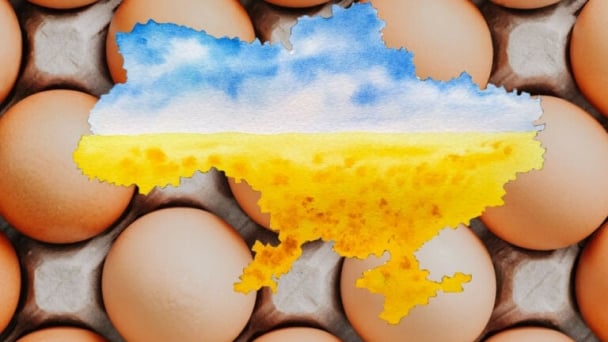May 20, 2025 | 11:41 GMT +7
May 20, 2025 | 11:41 GMT +7
Hotline: 0913.378.918
May 20, 2025 | 11:41 GMT +7
Hotline: 0913.378.918

Brazilian President Luiz Inácio Lula da Silva meets with Egyptian President Abdel Fattah al-Sisi in Cairo. Photo: Ricardo Stuckert.
The announcement was made during a visit of Brazilian President Luiz Inácio Lula da Silva to Egyptian President Abdel Fattah al-Sisi in Cairo.
The Egyptian government recognised the equivalence of the Brazilian inspection system and elevated Brazil to the ‘pre-listing’ category for exporting animal proteins. The measure benefits at least 30 slaughterhouses that were waiting for this authorisation to ship products for more than 4 years.
Before this agreement, the renewal of the license of Brazilian establishments for export required in-person audits by Egyptian authorities, according to the Ministry of Agriculture and Livestock (Mapa).
The procedure not only implied high costs for Brazilian exporters, but also overloaded Mapa’s federal agricultural tax auditors and limited the number of establishments authorised to export to Egypt.
Since 2019, around 30 Brazilian establishments have been on the ‘waiting list’ to obtain authorisation. Now, with pre-listing, there is no longer this requirement.
According to Roberto Perosa, secretary of commerce and international relations at Mapa, the ‘pre-listing’ reflects confidence in Brazilian health control.
“Egypt demonstrates the strength and growth potential of established trade relations. Last year alone, we conquered 4 new markets in Egypt, including cotton. The country is the sixth largest importer of beef from Brazil, and leader in the import of Brazilian poultry meat in Africa,” said Perosa.
In December, the African country opened its market for quail-fertilized eggs from Brazil.
In 2023, Brazil exported more than US$1.7 billion in products to Egypt, of which US$384 million, corresponding to 22%, were meat, totaling more than 130,000 tonnes exported.
(PW)

(VAN) Oliyar, a prominent Ukrainian oil and fat manufacturer, has revealed plans to build a farm for 2.3 million laying hens in the Lviv region. The additional production quantities promise to change the competitive landscape of the egg market of the Eastern Europe region.

(VAN) On May 15, Ministry of Agriculture and Environment of Vietnam hosted the 'Connecting Vietnam - Germany agricultural, forestry and fishery trade' seminar in Berlin, Germany.

(VAN) In the face of counterfeit and imitation products, Khanh Hoa Salanganes Nest Company hopes for the prompt completion of the legal framework, strict enforcement against violations, and protection of the bird’s nest brand.

(VAN) Japan's efforts to lower the price of rice through the release of its stockpile may finally be making some progress, albeit at a snail's pace.

(VAN) U.S. tariffs are not only a 'shock', but also an opportunity for Vietnamese businesses to renew their mindset toward comprehensive development.

(VAN) As Bac Giang lychee enters the harvest season, Minister Do Duc Duy expects that the fruit will contribute greatly to agricultural exports due to standardized production and deep processing.

(VAN) Consumers have shown a preference for free-range eggs, but those farming systems are more vulnerable to biosecurity risks like bird flu.